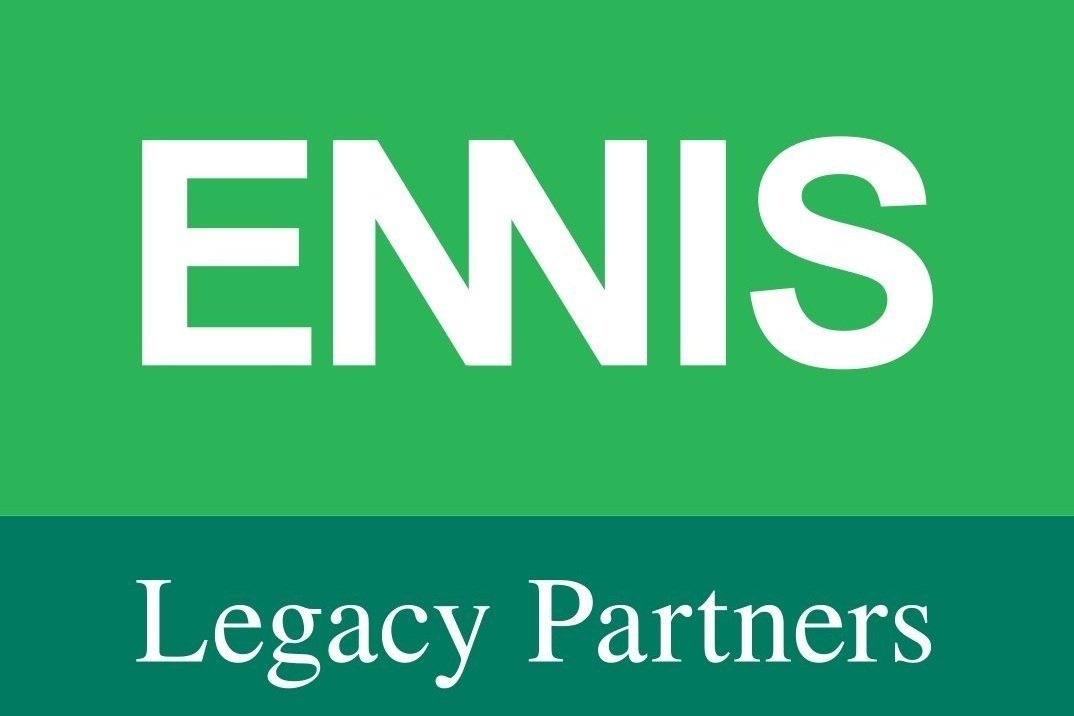Following is a post that we’ve published in the past that we believe is good to be reminded of annually.
Following are just a few examples of “Expensive Sentences” mentioned by my friend Jack Quarles in his book, Expensive Sentences, Debunking the Common Myths that Derail Decisions and Sabotage Success.
“It’s too late to turn back now.”
“We’re too swamped for that now.”
“We can probably do that ourselves.”
“It’s too crazy busy around here to make changes.”
Jack explains how conversations and discussions containing expensive sentences most often lead to decisions that negatively impact the future of businesses, families, individuals, and nations. And, how the faulty logic and false constraints of expensive sentences can lead to derailed and expensive decisions. He describes how conventional wisdom such as “You get what you pay for” or “We can’t change horses in mid-stream” can be a costly and destructive trap. Jack paints a picture as to how we can over time drift away from a disciplined analysis of a decision, and instead be drawn by a “particular idea as if pulled by gravity.”
When it comes to Exit Planning, or designing and implementing a plan to successfully and responsibly exit from a business, there is a seemingly endless list of expensive sentences….
“I’m not ready to exit yet…I will begin planning when I’m ready “
“I have a pretty good idea of how much I’d pay in taxes”
“I am confident my key employee would be a good owner”
“I am confident I can sell my business for enough to live on for the rest of my life”
“Yeah…I think we arranged it so that my spouse will get the business if I die”
“I’m not worried about my employees leaving if I die or sell the business…I have been good to them and they’re very loyal”
“One of my friends, who is in the same business, sold for $$$$...I’m sure I will be able to sell mine for at least that much…I don’t need an outside valuation”
“I don’t need a personal financial needs analysis. I have a good idea of how much $$$$ we would need”
“I am confident I can sell my business when I want or need to”
It’s expensive sentences like these that result from common owner misperceptions and can result in bad and expensive exits. The author of EXIT PLANNING; THE DEFINITIVE GUIDE, and Founder of the Business Enterprise Institute, John Brown, says the following: “…your misperceptions create complacency and inaction when you should be pedaling as fast as you can.” We would agree with John Brown and would add that complacency and inaction are always expensive and at times destructive when it comes to a business exit.
Business Owner Exit Planning employs a process of assessment and analysis that will reveal expensive sentences and owner assumptions (that are then tested) helping you to instead leave on your own terms and conditions and realize a successful exit. Start planning today.

